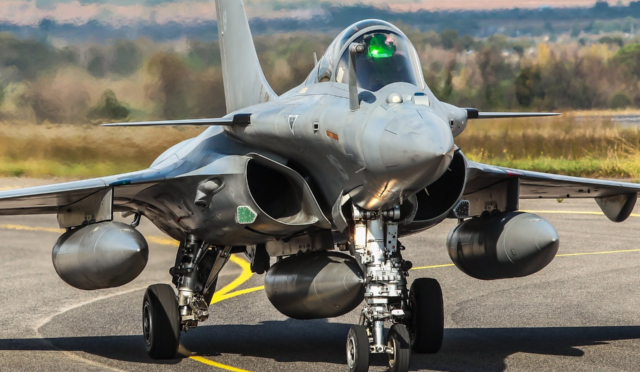Greece Bolsters Naval Defense with Exocet Missiles
**Greece is set to enhance its naval capabilities by acquiring 16 Exocet anti-ship missiles from France. This deal marks another significant stride in the strategic defense cooperation between the two nations. On a recent visit to Athens, Greek Defense Minister Nikos Dendias and French Armed Forces Minister Sebastien Lecornu formalized this agreement, underscoring the deepening military ties between Greece and France.**
Dendias highlighted the enduring partnership rooted in shared values that was established with the strategic defense agreement signed in 2021. He remarked on France’s commitment to Greece’s security needs and the importance of maintaining technological superiority in defense capabilities. Following a formal reception at the Ministry of Defense, the two ministers engaged in discussions about broadening their military collaboration.
Strengthening Strategic Ties
During the afternoon meeting with Prime Minister Kyriakos Mitsotakis at Maximos Palace, Minister Lecornu elaborated on the growing scope of defense cooperation. Reports suggest that exciting developments are anticipated in joint military projects, including the imminent delivery of the third frigate, the “F-601 Kimon,” classified under the Belharra program.
Moreover, discussions are reportedly progressing regarding Greece’s potential acquisition of a fourth Belharra frigate, which would be equipped with advanced SCALP cruise missiles, enhancing Greece’s maritime deterrence capabilities.
Advanced Features of Exocet Missiles
The Exocet MM-40 Block 3C missile, integral to Greece’s naval defense enhancement, offers impressive specifications. Weighing 780 kilograms and measuring under 6 meters in length, this missile features a sophisticated navigation system that elevates its accuracy.
It is designed for real-time target engagement while flying at very low sea-skimming altitudes and utilizes optimized three-dimensional approach trajectories. The missile can execute terminal attacks from various angles, with its advanced J-band active seeker enabling it to efficiently identify and engage sea targets, as well as land targets using GPS accuracy.
Exploring Additional Defense Collaborations
The discussions between Greece and France are not limited to missile acquisitions. There are ongoing talks about producing armored combat vehicles collaboratively, which illustrates the commitment of both nations to fortify their defense industries.
This collaboration aims to enhance military readiness and technological advancements, ensuring both countries can respond effectively to emerging geopolitical challenges.







